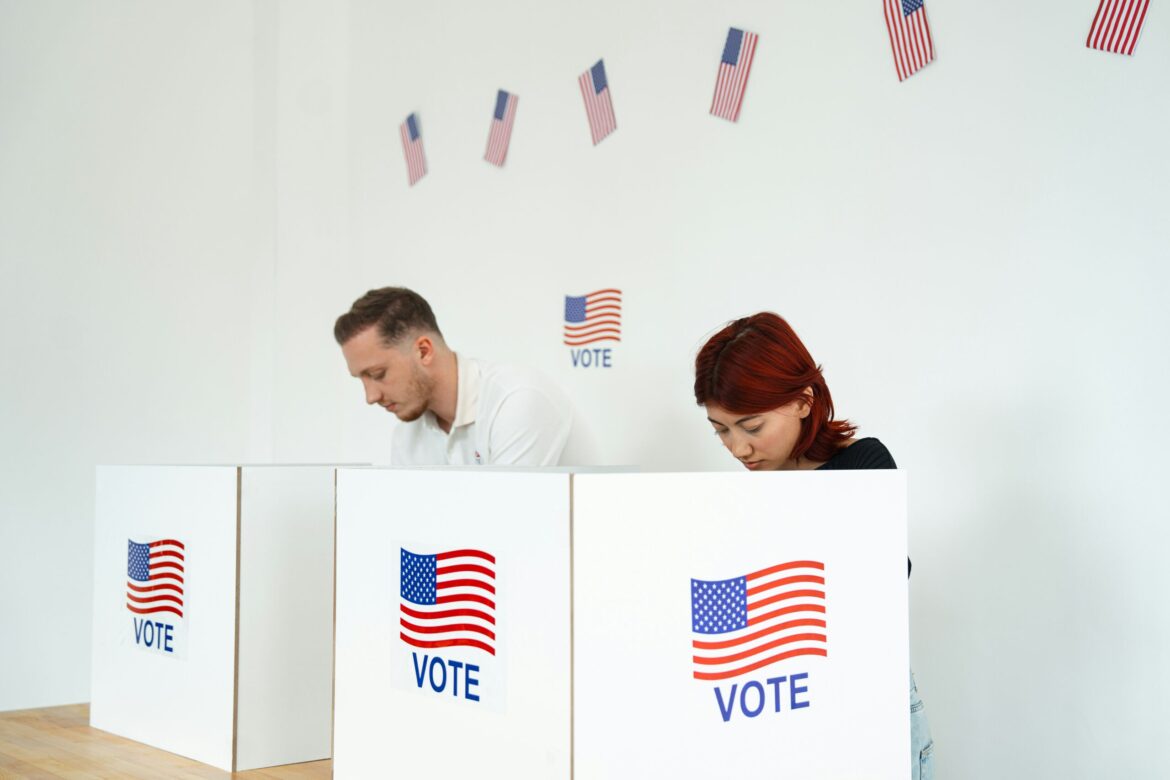In a pivotal move that could reshape the mechanics of American democracy, the U.S. Supreme Court has agreed to hear Moore v. Harper II, a case centered on the controversial “independent state legislature theory.” The theory contends that state legislatures possess exclusive authority to regulate federal elections, including congressional redistricting and election rules, free from oversight by state courts or constraints imposed by state constitutions.
This legal doctrine, though historically fringe, has gained traction among some conservative legal scholars and politicians. If embraced by the Court, it could dramatically reduce the role of state courts in reviewing and potentially overturning election-related legislation passed by state lawmakers. That would place immense power in the hands of legislatures—often controlled by partisan majorities—over the rules that govern federal elections within their states.
The case originated in North Carolina, where the state supreme court previously struck down a congressional map drawn by the Republican-led legislature, declaring it an unconstitutional partisan gerrymander. That decision was reversed after a change in the court’s composition, prompting a renewed challenge and bringing the case back before the U.S. Supreme Court.
Conservative justices have shown interest in exploring the independent state legislature theory in earlier decisions, suggesting that they may be open to curbing state court oversight in electoral matters. Such a stance has alarmed voting rights advocates and constitutional scholars who argue that sidelining state courts undermines foundational principles of checks and balances and judicial review. They warn that adopting this theory could lead to more extreme gerrymandering and election rules that suppress voter participation, especially in closely contested states.
Opponents of the theory argue that it threatens democratic norms by enabling legislatures to act with impunity, effectively removing an essential safeguard against electoral abuse. Proponents, however, claim that the U.S. Constitution vests explicit power in legislatures, and that judicial intervention undermines the democratic will of elected lawmakers.
The Supreme Court’s decision to hear Moore v. Harper II comes as the country begins preparing for the 2026 midterm elections. A ruling in favor of the theory could embolden legislatures across the country to redraw congressional districts and modify election procedures with minimal judicial oversight, potentially altering the political landscape for years to come.
Legal experts and political observers alike are watching the case closely, as its outcome could recalibrate the balance of power between state legislatures, state courts, and voters in the administration of federal elections. A decision is expected later this year.

